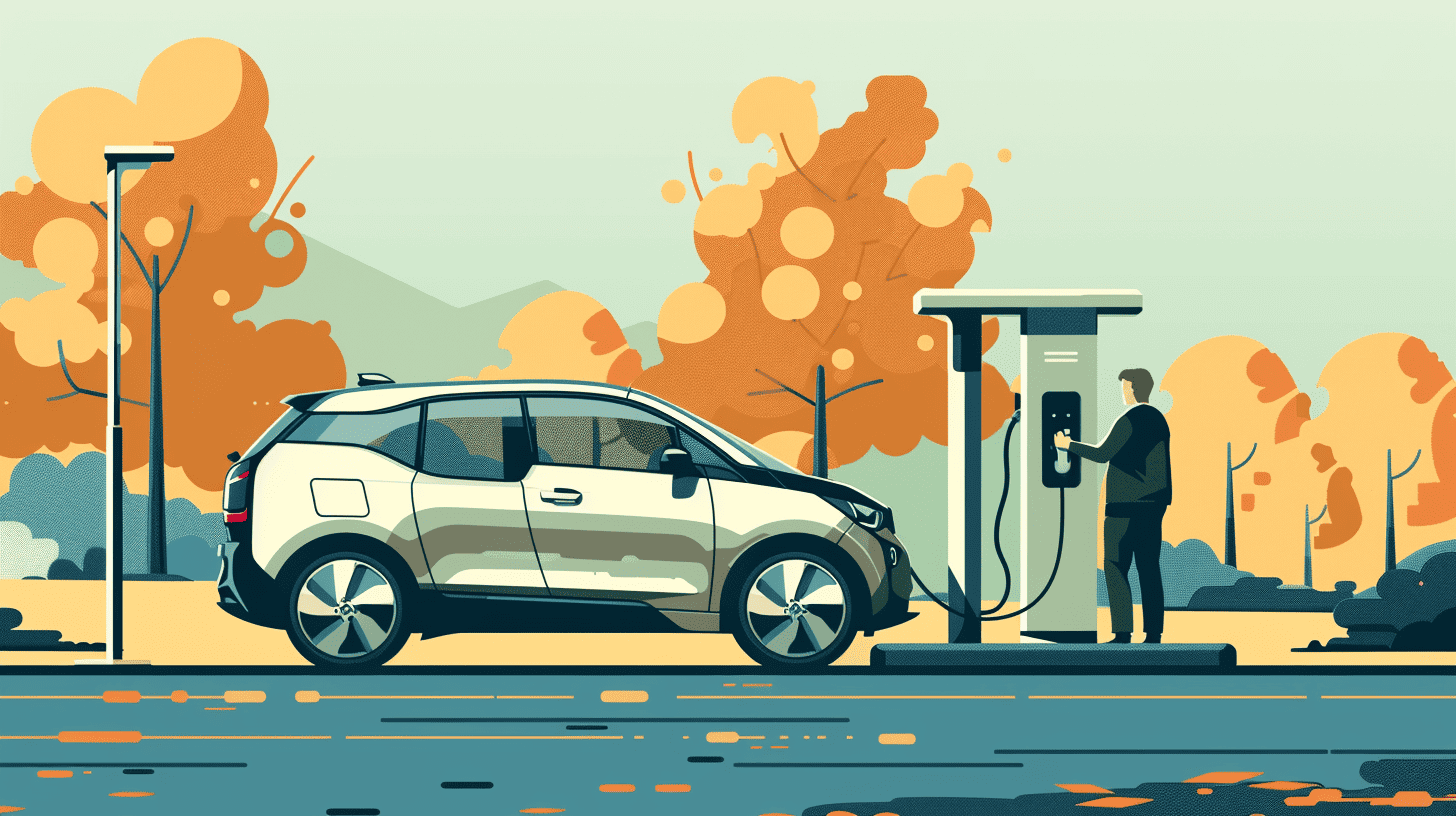
How sustainable is an electric car? It is a discussion that crops up regularly, also at Innovation Origins. For example, read here. It is obvious that an E-car emits less CO2 and less nitrogen oxide than an internal combustion engine car. But does this also apply to the construction of an e-car and when it is scrapped? How climate-neutral is an electric car when you know that battery production is highly energy-intensive and a large proportion of the power they run on comes from coal-fired power plants?
It was reason enough for Sweden’s Chalmers University of Technology to take another deep dive into the material. Their conclusion is clear. According to researcher Johannes Morfeldt, it would be a good idea to introduce a ban on the sale of cars with internal combustion engines as soon as possible. The sooner they disappear from the roads, the better that will be for the climate. After all, it also takes years before a car ends up on the scrapheap. How substantial the gains for the climate would be, however, depend very much on the way that batteries are produced.
Less energy
There is no denying, according to Morfeldt, that battery production generates a lot of CO2. Nevertheless, the climate balance over the entire life cycle of an E-car is still better than that of a conventional car. On top of that, the energy problem that surrounds e-cars is probably temporary. “Our research into battery technology shows that average emissions from battery production could drop by about two-thirds per kilowatt-hour by 2045.”

Morfeldt looked primarily at the situation in Sweden where in any event, conventional cars may no longer be sold from 2030 onwards. If that date were brought forward to 2025, “the life cycle emissions of the Swedish car fleet would fall from 14 million metric tons of carbon dioxide in 2020 to 3 – 5 million metric tons by the year 2045. The end result in 2045 will depend on how much battery production has improved.”
EU standards
According to Morfeldt, the picture for Sweden is slightly more favorable than that of other European countries. This is due to the high proportion of green electricity. But even for other countries, it is also worth looking at a more timely sales ban on diesel and gasoline-fuelled cars.
Moreover, it will become increasingly important to impose strict standards on battery production. Morfeldt welcomes the fact that the EU is considering setting common standards for battery manufacture, regardless of whether they are produced in China, Poland or another country.








